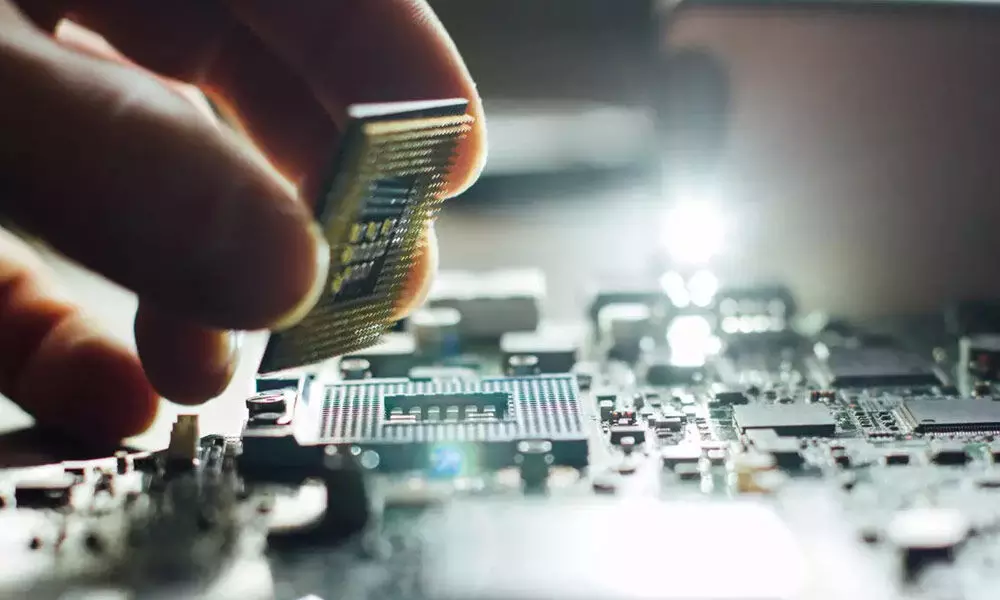How chip shortage could be good thing
image for illustrative purpose

The chip shortage is persisting and spreading. But there may be a good side to it after all. Despite all the moaning and groaning around the lack of semiconductors, automakers globally have posted pretty stellar results even as they've had to idle facilities and halt some production.
Hyundai Motor Co tripled its profits in the first three months of 2021 compared to the same period a year earlier. Orders for Volvo AB's trucks more than doubled in the first quarter and operating profit rose 66 per cent. Daimler AG has forecast that the Mercedes-Benz unit is going to be the most profitable it's been in years. Profitability for the German company's cars division rose 15.2 per cent in the first quarter, up from 2.2 per cent.
Resurgent demand underpinned these results. In the US, car sales are tracking close to their highest in three years and heading to pre-pandemic figures. The levels of vehicle stock in China were down to 1.5 months in March, compared to 2.7 in the same period in 2020 at the height of Covid-19 there. Globally, demand is expected to rise by as much as 12 per cent, a pace not seen since 2010.
All told, people want cars, but automakers can't turn out as many as they want (or at least, how many they thought were needed). Vehicle manufacturers are warning that production will continue to be affected because of the deepening chip crisis. That means the growing demand-supply imbalance is here to stay a while. This warrants a moment of pause.
For now, the asymmetry is working in favor of the industry. New car prices are close to record highs and those for used vehicles are also heading higher. With capacity constrained, the shortage in semiconductor parts has forced manufacturers to prioritize what they make and how they allocate limited resources. It's also shaken complacent companies to move away from grinding out millions of cars that consumers don't necessarily want while trying to trim costs. They're now making fewer, better or higher-margin vehicles. That could help them take back bargaining power.
The days of pushing out all sorts of cars, hoping to reach every hypothetical buyer and then luring them with a multitude of sweeteners, seem over for the foreseeable future. Incentives that were near multi-year highs pre-pandemic are dropping. In China, the world's largest auto market, some dealers are looking to reduce discounts on certain Volkswagen AG-made Audi models as luxury car prices inch up.
In the US, more crossovers and sport-utility vehicles like Honda Motor Co.'s CR-V and Toyota Motor Corp.'s RAV4 and Highlander were sold in the first three months of 2021 from a year earlier. Buyers took home fewer midsize sedans. Hyundai pushed SUVs to more than 40 per cent of sales, even though the company has had to suspend production at some of its assembly lines.
The question now is, how long can the automakers maintain this performance? If the shortage gets worse, there's no doubt they'll be able to make even fewer cars. It could flush out the weaker, smaller manufacturers. Who really needs so many vehicles, anyway? This gives companies a chance to actually invest in the future of greener cars, not just make ambitious proclamations. (Bloomberg)

